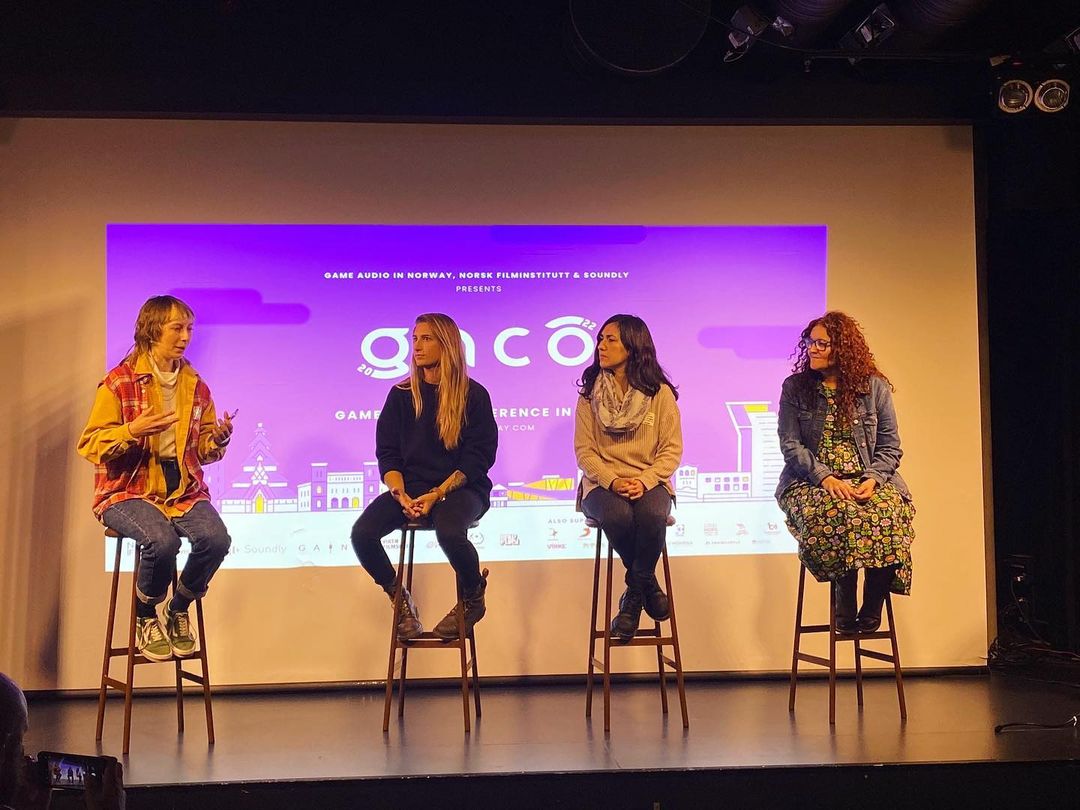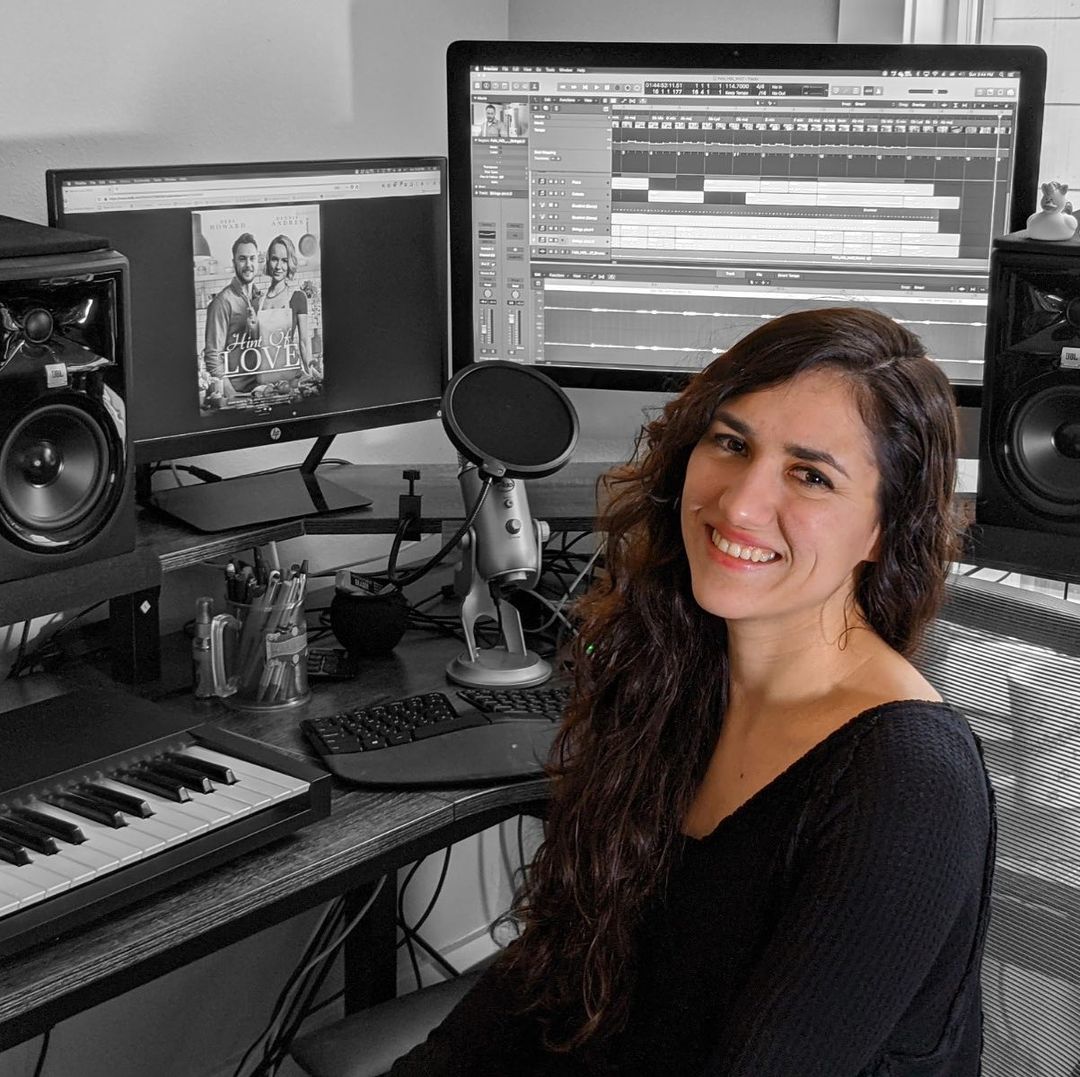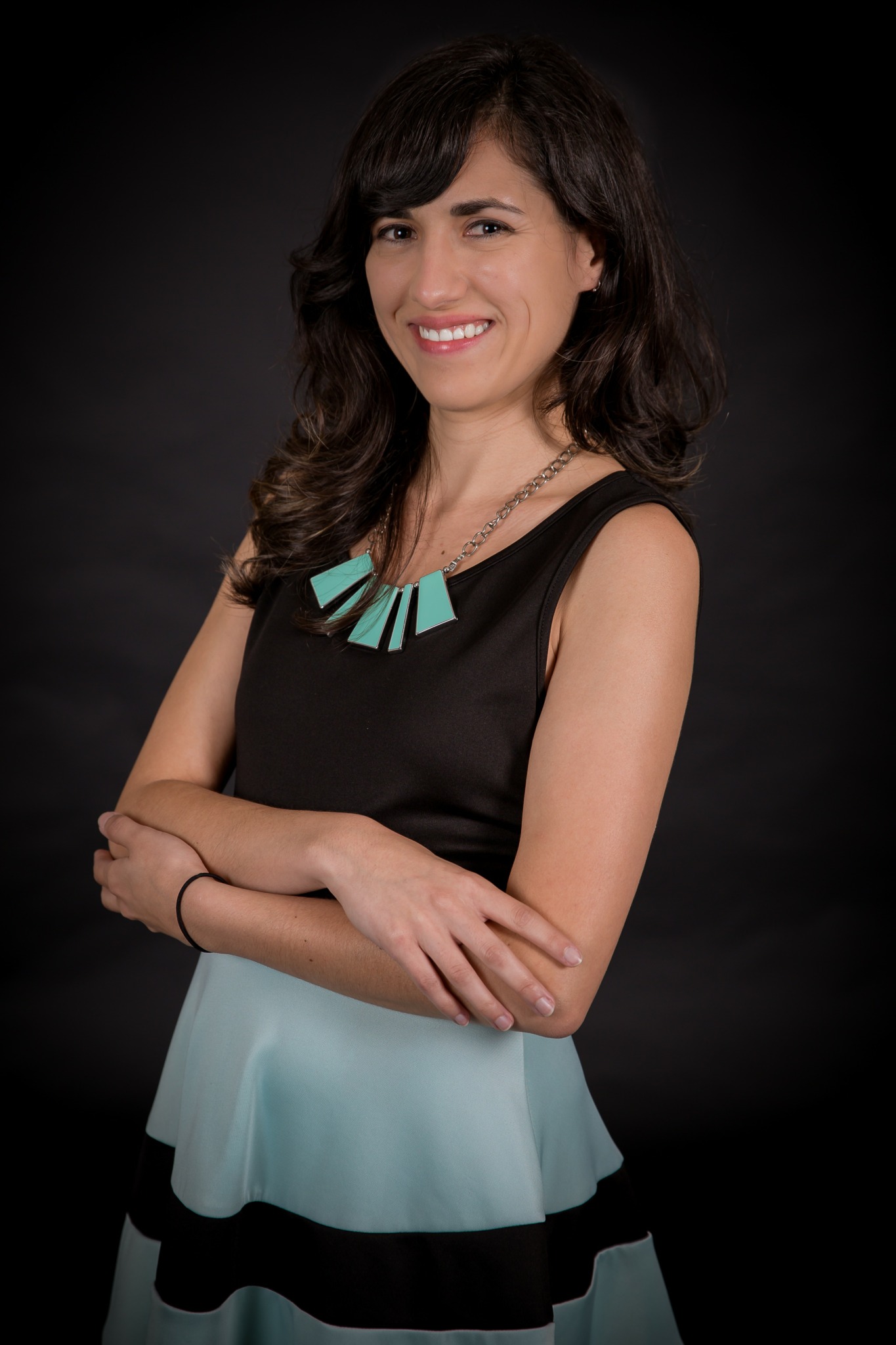We caught up with the brilliant and insightful Majo Felix a few weeks ago and have shared our conversation below.
Majo, thanks for joining us, excited to have you contributing your stories and insights. What’s been the most meaningful project you’ve worked on?
Throughout my career, I’ve had the privilege of working on several meaningful projects that have shaped my path as a composer.
At Novel Effect, I contributed to the interactive audio app by writing music and creating original sound effects that responded in real-time to storytelling, enriching the user experience by making sound an integral part of the narrative. This work is meaningful to me because the app has been proven to improve reading comprehension and engagement in children through music and sound. It enhances their ability to follow along and interpret the story’s meaning, making reading a fun and educational experience that strengthens their literacy skills while building a positive association with books. Being part of this is very meaningful to me.
Another project that’s close to my heart is the work I did on Greak: Memories of Azur, where I composed original music for the Mexican video game, which was recorded by a 52-piece orchestra with the philharmonic from my hometown in Mexico. This is especially meaningful to me because I grew up attending concerts of this philharmonic, and having my music performed by them is a huge milestone. Additionally, I love the game and the team, and working with them has been a highlight of my career.
Additionally, Producing and coordinating the Game Audio Latam community was also a deeply rewarding project, as I helped amplify voices in the game audio industry while managing the complexities of cross-time zone collaboration, scheduling, and technical production.
There have been many other projects that are meaningful to me, like working on Halo: Infinite, Lonesome Village, Ranita Fishing etc. Each of these projects allowed me to explore diverse facets of sound design, contributing meaningfully to both creative and technical excellence.

As always, we appreciate you sharing your insights and we’ve got a few more questions for you, but before we get to all of that can you take a minute to introduce yourself and give our readers some of your back background and context?
I’m Maria Jose Felix, but most people know me as Majo, and I’ve been working as a composer and sound designer for over eight years. My journey into sound design and audio engineering began with a deep love for music and storytelling. Early on, I was fascinated by the way sound could transform an experience—whether through music or sound effects—and I pursued formal education and hands-on experience to turn that passion into a career. Over the years, I’ve had the privilege of working across various industries, including video games, interactive media, and podcasts, which has helped me become highly versatile in the world of audio.
I specialize in crafting immersive audio experiences, whether through original music composition, sound design, or interactive audio features. Although, my specialty is orchestral composition, but I never shy away from trying out new genres or audio experiences.
What sets me apart is my ability to help tell a story by blending creativity with technical precision. Whether I’m composing an evocative soundtrack or designing sound effects that respond interactively to a story, I strive to create an experience that resonates with both emotion and clarity. I also bring an international perspective, having worked with teams across the U.S. and Latin America, which allows me to connect with diverse audiences and understand a wide range of creative and cultural needs.
For potential clients and collaborators, I want them to know that my work is deeply personal, and I’m committed to delivering high-quality audio that tells a story and adds depth to their projects. I’m particularly proud of my ability to manage all aspects of audio production—from concept to final implementation—while maintaining a strong collaborative spirit with my clients. Whether it’s working on a video game, an app, or a podcast, my goal is always to elevate the project with sound that enhances both the user experience and the creative vision.
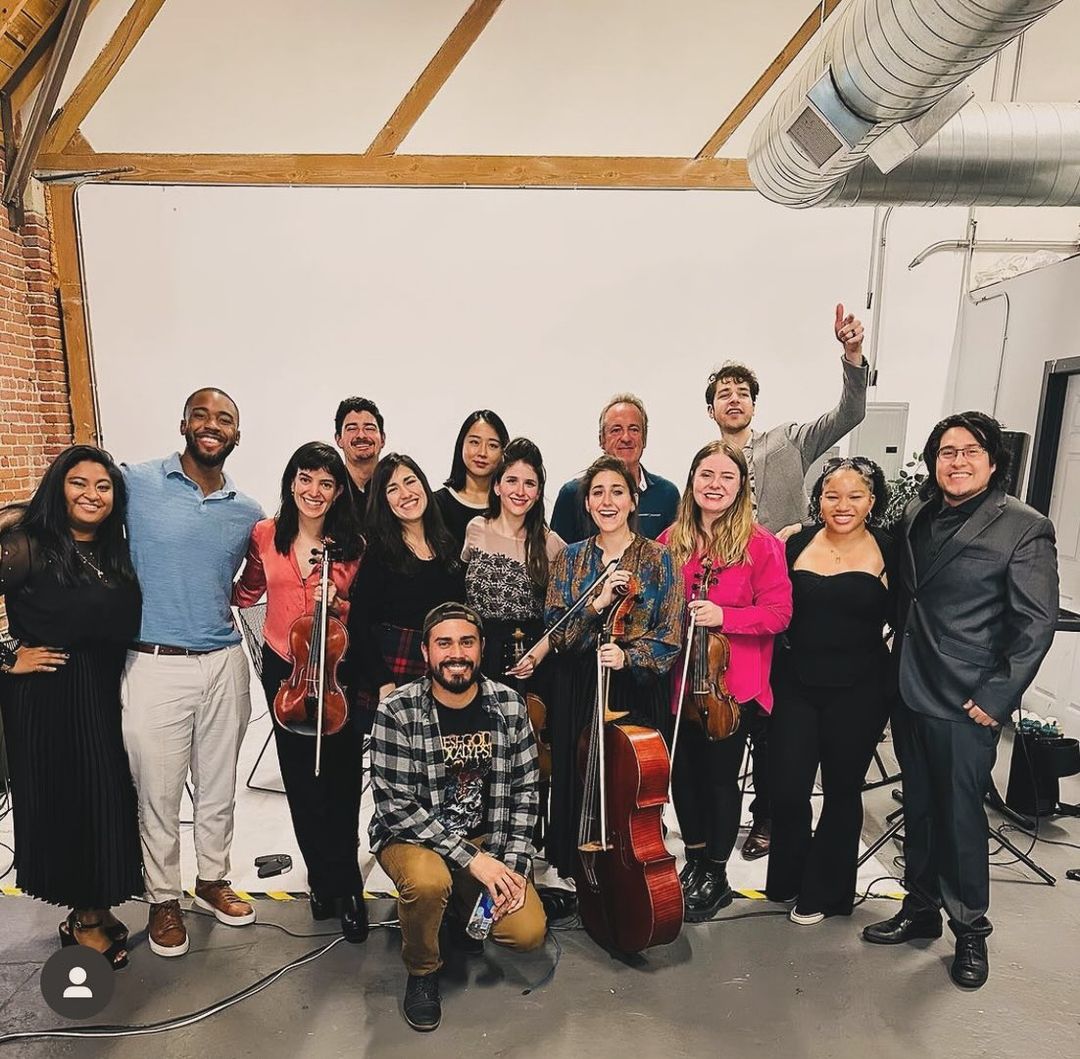
What do you find most rewarding about being a creative?
The most rewarding aspect of being a creative artist for me is seeing how the work I create can touch people’s emotions and enrich their experiences. As a sound designer and composer, I have the unique opportunity to build immersive worlds through sound, whether it’s creating music that enhances a powerful moment in video games and movies, or composing soundscapes that help children engage with stories in apps like Novel Effect. Knowing that my audio work can make storytelling more vivid, help children improve their reading comprehension, or elevate a player’s connection to a game is incredibly fulfilling.
I also find deep satisfaction in collaboration—whether working with game developers, voice actors, or other creatives, each project is an opportunity to build something meaningful together. Beyond the technical achievements, being able to share in those moments of creativity, solve problems, and see the final product come to life is something that keeps me inspired. On a more personal note, teaching and mentoring the next generation of sound designers through my different teaching role has been incredibly rewarding. Watching my students grow and find their own passion for sound is one of the biggest highlights of my career.
Ultimately, what drives me is knowing that my work leaves a lasting impression, helping to create memories, experiences, and even educational tools for people across different mediums. That emotional connection and creative contribution are what I value the most.
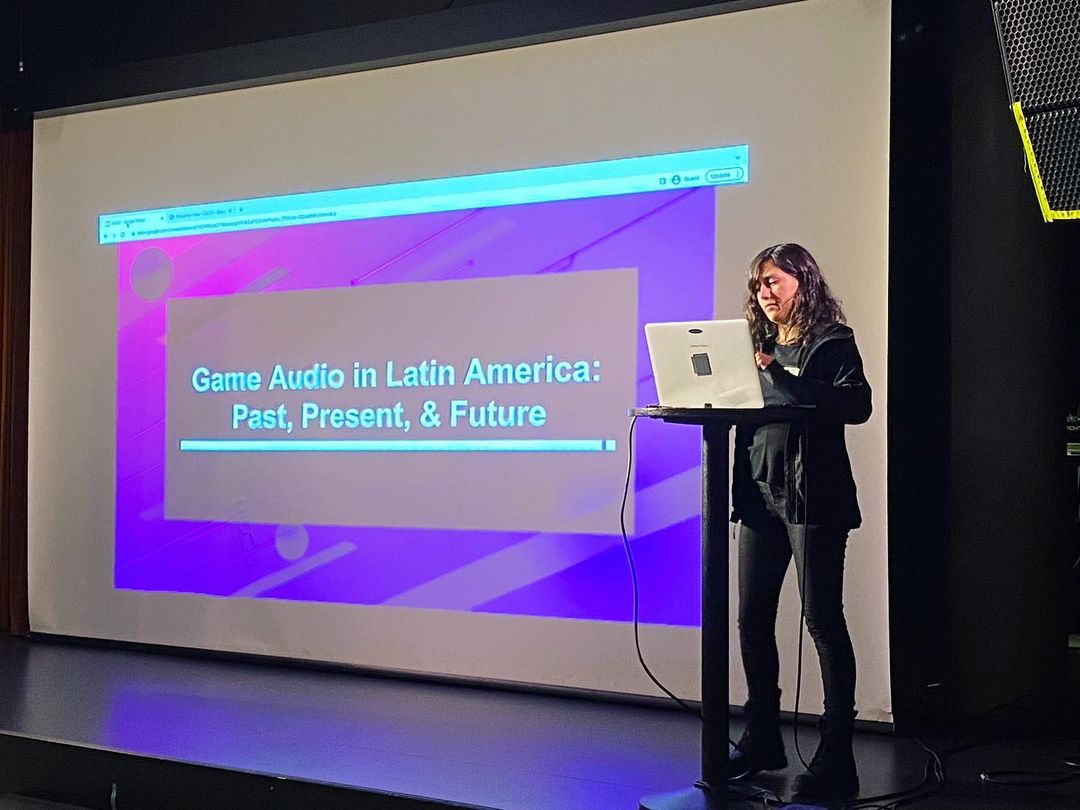
How can we best help foster a strong, supportive environment for artists and creatives?
To best support artists, creatives, and a thriving economic ecosystem, society must focus on accessibility, education, and fair opportunities. First, providing affordable access to creative tools, technology, and training is essential to empower talent from diverse backgrounds. Second, arts education should be strengthened, teaching creative skills and problem-solving from an early age to encourage artistic careers. Third, more platforms for exposure and collaboration are crucial, whether through local events, digital showcases, or community networks. Lastly, fair compensation and recognition for creatives are critical to valuing their work and building a sustainable creative ecosystem.
Contact Info:
- Website: https://www.majofelix.com
- Instagram: @majofelixmusic
- Linkedin: https://www.linkedin.com/in/majofelix/
- Twitter: https://twitter.com/majofelix
- Youtube: https://www.youtube.com/@majofelixmusic
